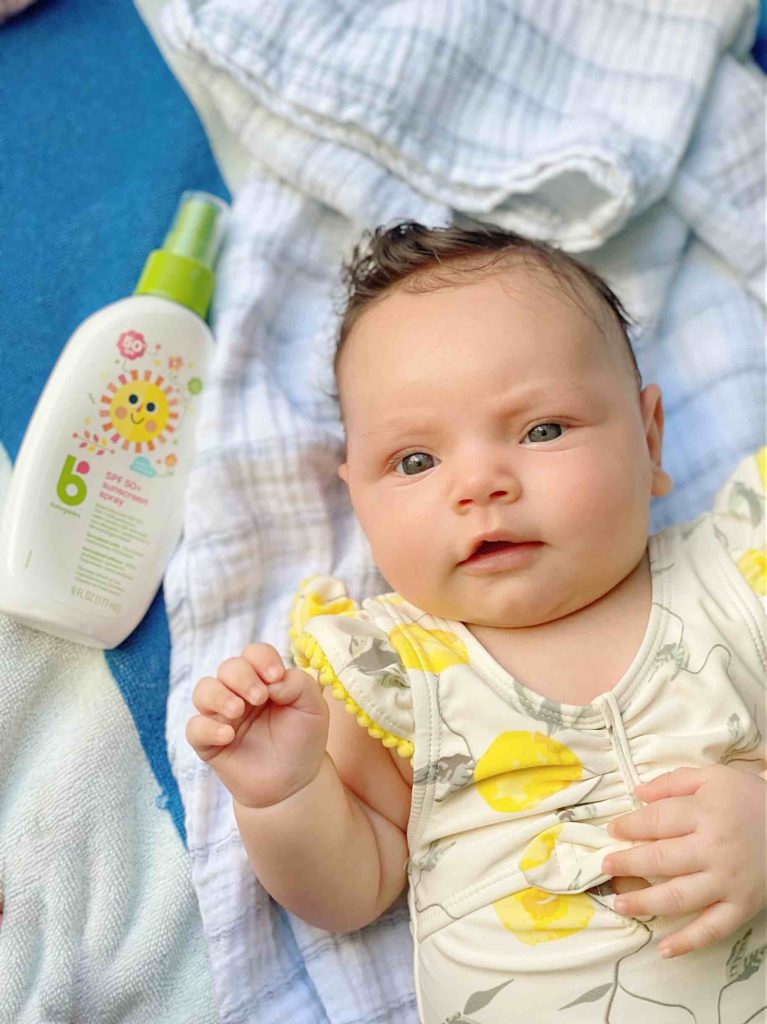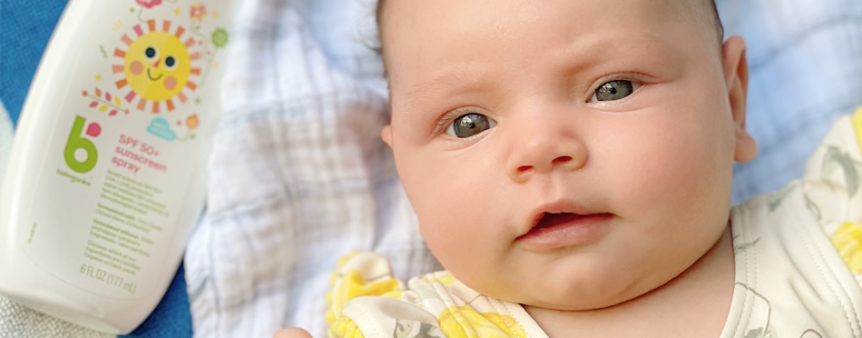
Ah July, temps are high and living is easy. On the weekends you make plans for the pool, beach or lake. You pack up the sunscreen, the kids and a good book in case you get lucky and then BOOM. A headline gets dropped that ingredients in your favorite sunscreen is now linked to cancer. Benzene, a popular chemical in sunscreen has now been linked to leukemia and other blood disorders.
Benzene is commonly used as a solvent in the chemical and pharmaceutical industries. Typically, its use is highly regulated. Recently, traces of benzene have been found in 78 popular sun and after sun products. Many of which have been deemed “clean” or “natural” products.
According to this article from Baptist Health South Florida, Neutrogena’s Ultra Sheer Weightless Sunscreen Spray, SPF 100. Two different batches of the same sunscreen, each with an SPF of 70, contained the chemical. Sun Bum’s Cool Down Gel contained the next highest amount. Guess what? I actually own a few Sun Bum products, so this worried me.
This quote from the article brings up an important question: “We know that exposure to benzene is associated with blood cancers such as leukemia,” says Michael Kasper, M.D., director of radiation oncology for Lynn Cancer Institute at Boca Raton Regional Hospital, part of Baptist Health South Florida. “What we don’t know is how it wound up in more than a quarter of the sunscreen products tested.”
There are two answers:
Possible contamination
Possible breakdown of other ingredients including: avobenzone, oxybenzone and homosalate. Many manufacturers are now eliminating these chemicals.
So what can be done?
Get to know your sunscreen ingredients as you would your food ingredient lists. Run them through the “Think Dirty” or EWG apps to learn more about the ingredients, but do not discontinue use during the summer months.
Get to know the difference between chemical sunscreens that are absorbed by the skin and form a barrier against the suns harmful rays.
or
Consider a mineral base sunscreen. Although, harder to rub in. Mineral sunscreens have not been found to contain any benzene.
Other things you can do:
Throw away older sunscreen. It has been found that chemical sunscreens break down over time and their effectiveness diminishes.
Wear cool, light-colored clothing or clothes that contain SPF
Stay out of the sun during the hours of 10 AM and 3 PM
The article states that “Studies show that 90 percent of a person’s lifetime sun exposure occurs before the age of 20, so make sure you keep the kids covered up.”
Editor’s Note: A full list of sunscreens and after-sun lotions found to contain trace amounts of benzene can be found on pages 12-15 of the Valisure petition to the FDA.


